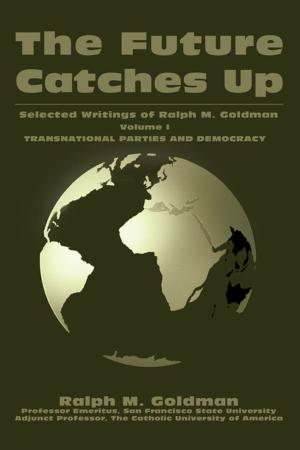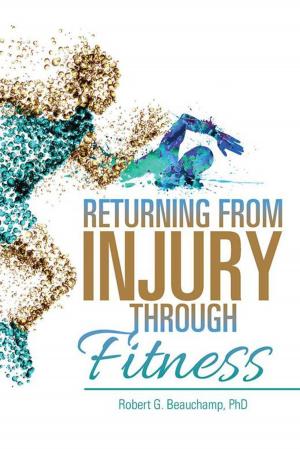| Author: | Joseph B. Geraci | ISBN: | 9781450219556 |
| Publisher: | iUniverse | Publication: | June 22, 2010 |
| Imprint: | iUniverse | Language: | English |
| Author: | Joseph B. Geraci |
| ISBN: | 9781450219556 |
| Publisher: | iUniverse |
| Publication: | June 22, 2010 |
| Imprint: | iUniverse |
| Language: | English |
The 1960s and 1970s were witness to social transformations that would permanently redefine the country. The assassination of President John F. Kennedy, the civil rights movement, riots and the landmark Supreme Court Miranda ruling had the greatest impact. These same transformations would also drastically change the complexion of law enforcement.
Using his diary which was written over a period of eleven years, Dr. Geraci has provided a kaleidoscope of police experiences during this era in American history. Names have been changed and details altered to protect identities and locations. Some accounts are graphic and question the normalcy and sanity of human behavior. Veterans of law enforcement and the military will not be shocked. Rather, they will be reminded of the potentially horrific consequences of human actions.
The science of police work has advanced significantly since the early 1960s and 1970s when there were limited resources, poor equipment and less than effective communications. The days and techniques before the Miranda ruling and DNA testing are gone. Training is extensive and officers are well-educated. The college graduate is more the rule than the exception. Human nature, however, has not changed and will continue to be the focus of law enforcement officers.
The 1960s and 1970s were witness to social transformations that would permanently redefine the country. The assassination of President John F. Kennedy, the civil rights movement, riots and the landmark Supreme Court Miranda ruling had the greatest impact. These same transformations would also drastically change the complexion of law enforcement.
Using his diary which was written over a period of eleven years, Dr. Geraci has provided a kaleidoscope of police experiences during this era in American history. Names have been changed and details altered to protect identities and locations. Some accounts are graphic and question the normalcy and sanity of human behavior. Veterans of law enforcement and the military will not be shocked. Rather, they will be reminded of the potentially horrific consequences of human actions.
The science of police work has advanced significantly since the early 1960s and 1970s when there were limited resources, poor equipment and less than effective communications. The days and techniques before the Miranda ruling and DNA testing are gone. Training is extensive and officers are well-educated. The college graduate is more the rule than the exception. Human nature, however, has not changed and will continue to be the focus of law enforcement officers.















